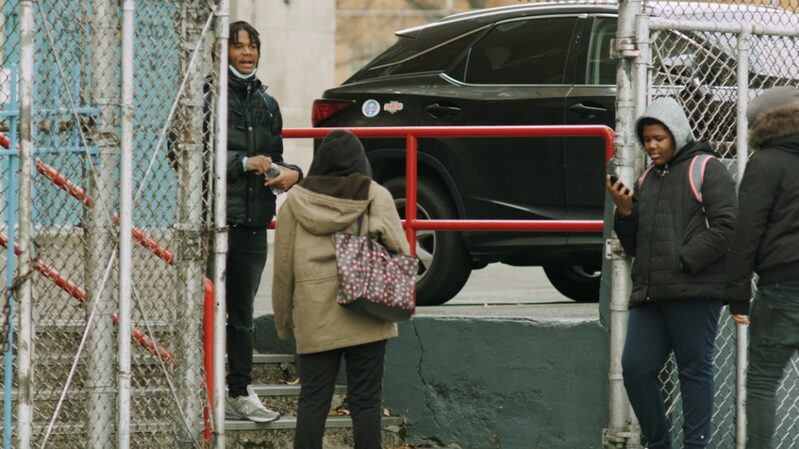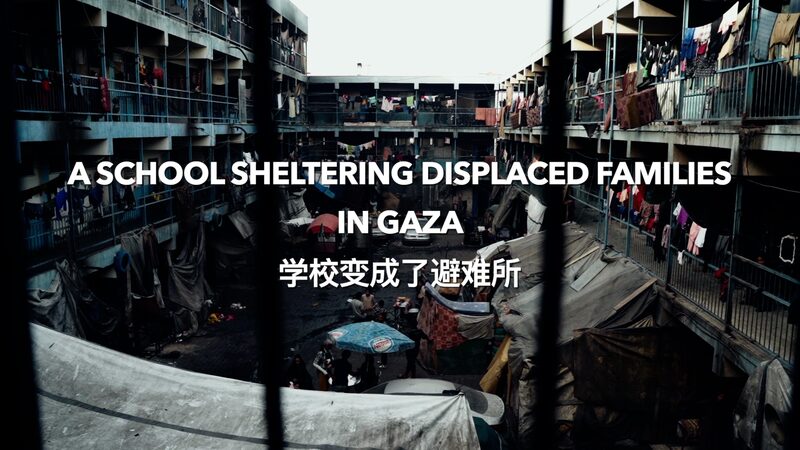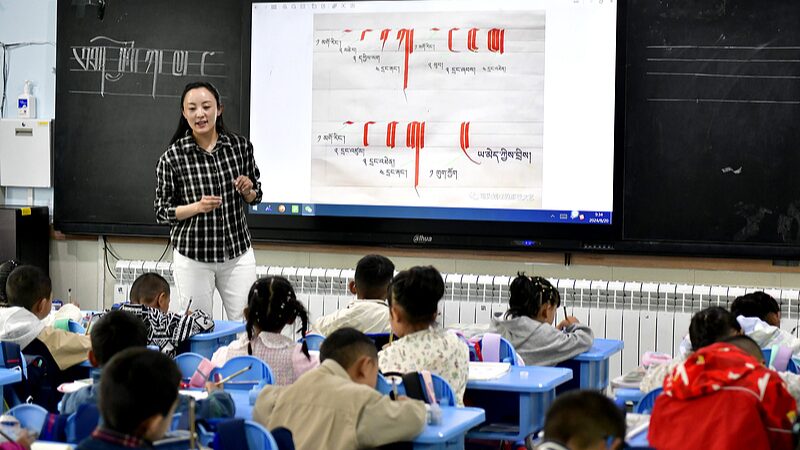Over two decades, the U.S. poured $1.3 billion into Afghan education—but for Kabul high school principal Sarahat, the legacy isn’t classrooms or textbooks. It’s broken promises. 💔
“They claimed to rehabilitate education, but they destroyed it,” she says bluntly. Despite a sevenfold jump in teachers since 2001, World Bank data reveals a brutal reality: adult literacy dropped from 43% to 37% between 2018-2021, with youth literacy plummeting from 65% to 56%. 📉
Sarahat argues Western-backed programs prioritized quantity over quality, creating schools without sustainable resources. “What good are more teachers if they’re untrained and students can’t read?” she asks. 💬
Her critique echoes a generational crisis in Afghanistan, where political shifts and aid dependency left education vulnerable. With hashtags like #EducationEmergency trending globally, her story raises tough questions: Can foreign aid ever rebuild a nation—or does it risk doing more harm than good? 🌍✨
Reference(s):
Afghan high school principal: U.S. destroyed Afghan education
cgtn.com







